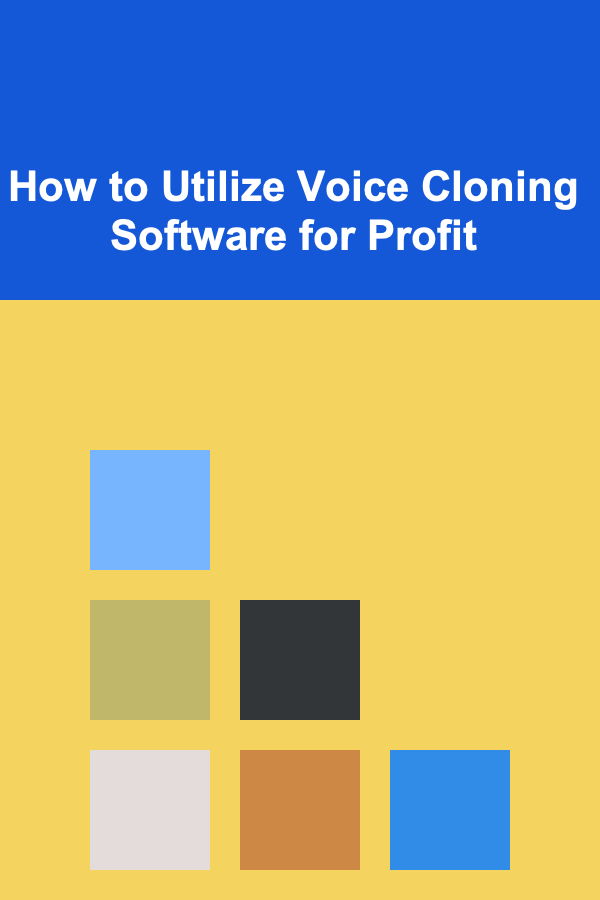
Job-Hunting Myths Debunked: What You Need to Know
ebook include PDF & Audio bundle (Micro Guide)
$12.99$10.99
Limited Time Offer! Order within the next:

Job hunting can be a stressful and challenging experience, especially when you're bombarded with advice from various sources, both online and offline. Unfortunately, much of the advice you hear is based on outdated information, misconceptions, or half-truths. These myths can not only mislead you but also prevent you from making informed decisions that could improve your chances of landing the job you want.
In this article, we'll debunk some of the most common job-hunting myths and provide actionable tips that will help you navigate the competitive job market effectively.
Myth 1: "The More Jobs You Apply to, the Better Your Chances"
One of the most persistent myths in job hunting is that applying to as many jobs as possible increases your chances of success. While it might seem logical that casting a wide net would lead to more opportunities, quantity doesn't always translate into quality.
The Reality:
- Targeted Applications Matter More Than Quantity: Rather than sending out dozens of generic applications, focus on tailoring your resume and cover letter to each job. Employers are looking for candidates who align with their specific needs, not just someone who ticks off a list of qualifications. A thoughtful, targeted application shows that you're genuinely interested in the role and have taken the time to understand the company and its requirements.
- Quality Over Quantity: Focus on roles that truly match your skills and career goals. Tailoring your application increases your chances of standing out and shows that you're invested in the job, which can give you a better shot than applying to everything that crosses your path.
Actionable Tip:
- Spend time researching companies and their job descriptions. Then, adjust your resume and cover letter to highlight the skills and experiences that directly align with the job's requirements.
Myth 2: "Your Resume Needs to Be One Page"
This myth is especially prevalent among early-career professionals, who are often told that a resume should never exceed one page. While concise resumes are helpful, oversimplifying your qualifications can actually hurt your chances.
The Reality:
- The Right Length Depends on Your Experience: A resume should be long enough to effectively convey your qualifications. For early-career professionals with fewer experiences, a one-page resume might be appropriate. However, if you have years of experience or a diverse skill set, a two-page resume can be beneficial, as long as it's well-organized and relevant.
- Focus on Relevance: What matters more than length is the relevance of the information you include. Tailor your resume to highlight the experiences that directly match the job you're applying for, whether you need one page or two.
Actionable Tip:
- Don't sacrifice important details to fit your resume into one page. Prioritize relevant work experience, key achievements, and skills. If you're an experienced professional, a two-page resume is often acceptable.
Myth 3: "Job Listings Are Always Up to Date"
It's easy to assume that job listings posted on websites are current, but the reality is that they may not always be as up-to-date as you think.
The Reality:
- Outdated Listings Are Common: Sometimes companies leave job listings up for weeks, even months, after they've already filled the position. In some cases, job ads are posted as part of a legal or procedural requirement, even if there's already a preferred candidate.
- The Hidden Job Market: Many positions are filled before they're posted on job boards, or companies might hire based on referrals or internal promotions. This means there are job opportunities you'll never see on typical job boards.
Actionable Tip:
- Follow up on your applications to check if the role is still open. Additionally, network with people in the industry to discover unadvertised positions and increase your chances of learning about openings before they're posted publicly.
Myth 4: "You Need to Have a Perfect LinkedIn Profile"
While LinkedIn is undoubtedly an important tool for job seekers, the idea that you need a flawless profile to get noticed can lead to unnecessary pressure and self-doubt.
The Reality:
- Perfect Isn't Necessary: While a well-crafted LinkedIn profile is essential for job hunting, it doesn't need to be "perfect." Employers care more about the quality of your experiences, skills, and endorsements than they do about having an immaculate profile.
- Authenticity Over Perfection: A profile that genuinely reflects who you are as a professional is far more valuable than one that tries too hard to fit an idealized mold. You can always update and improve your profile over time.
Actionable Tip:
- Focus on writing a clear and compelling headline, detailed job descriptions, and a summary that highlights your value proposition. Don't stress about making your profile perfect---just make sure it's authentic and showcases your strengths.
Myth 5: "Networking Is Only About Getting a Job"
Networking is often misunderstood as a transactional activity where the sole goal is to land a job. While networking can help you get a job, it's about more than just that.
The Reality:
- Networking Is About Building Relationships: Networking is not just about asking for a job. It's about building relationships with people who can offer advice, insights, and support throughout your career. Over time, these connections can lead to job opportunities, but they can also help you grow professionally in other ways, such as learning new skills or staying informed about industry trends.
- Networking Is a Two-Way Street: Think of networking as a mutually beneficial relationship. You offer value in return, whether it's sharing industry knowledge, offering advice, or connecting people with others in your network.
Actionable Tip:
- Approach networking with a mindset of learning and relationship-building, not just job hunting. Attend industry events, engage with professionals on LinkedIn, and ask for advice rather than directly asking for a job.
Myth 6: "The Perfect Job Will Come to You"
Some job seekers believe that the perfect role will eventually come knocking if they just wait long enough. While there's some truth to the idea that good opportunities will eventually present themselves, relying solely on passive strategies will leave you behind in a competitive market.
The Reality:
- Proactivity Is Key: Waiting for the perfect job to come to you is not a strategy---it's a passive approach that's unlikely to lead to success. To find a job that truly aligns with your skills and goals, you need to actively pursue opportunities, engage with recruiters, and continue developing your professional brand.
- Opportunities Are Found Through Effort: The more active and engaged you are in your job search, the more likely you are to discover and secure the right position. Whether it's through applying to roles, networking, or continuing to develop your skills, success is driven by your efforts.
Actionable Tip:
- Set up daily or weekly routines for your job search. This can include searching for new job listings, updating your resume, reaching out to connections, and following up with recruiters. Being proactive will give you an edge over other job seekers.
Myth 7: "You Can't Get Hired Without Experience"
A lack of experience is often cited as a major barrier to getting hired, especially for those just entering the workforce. However, this myth overlooks the fact that employers value potential and transferable skills as much as experience.
The Reality:
- Skills Can Be Gained Through Many Avenues: Experience doesn't always have to come from a full-time job. Internships, volunteer work, freelance projects, and even self-study can help you build relevant skills and show employers that you're proactive and capable.
- Employers Value Willingness to Learn: Many employers are willing to hire candidates who are eager to learn and grow, even if they don't have years of experience. What's important is showing that you have the foundational skills required for the role and a desire to expand on them.
Actionable Tip:
- Focus on gaining practical experience through internships, part-time work, or volunteer opportunities. In your applications, emphasize your transferable skills, such as problem-solving, communication, and adaptability, that are valuable in any job.
Conclusion
Job hunting is an inherently challenging process, but it's made even more difficult when you fall for common myths and misconceptions. By debunking these myths and understanding the realities of the job market, you can approach your job search with a more strategic and informed mindset.
Remember, the key to successful job hunting lies in quality over quantity, targeted applications, proactive networking, and a focus on continuous learning. With the right approach and mindset, you'll be well on your way to finding a job that aligns with your skills, values, and career goals.

How to Manage Your Home Rental Property from a Distance
Read More
How to Optimize Your Financial Plan for Tax Efficiency
Read More
How to Repurpose Vintage Items in Your Collection
Read More
How to Use Vintage Jars for Stylish Organization
Read More
How to Use Weather Stripping to Soundproof Your Doors
Read More
How to Utilize Voice Cloning Software for Profit
Read MoreOther Products

How to Manage Your Home Rental Property from a Distance
Read More
How to Optimize Your Financial Plan for Tax Efficiency
Read More
How to Repurpose Vintage Items in Your Collection
Read More
How to Use Vintage Jars for Stylish Organization
Read More
How to Use Weather Stripping to Soundproof Your Doors
Read More